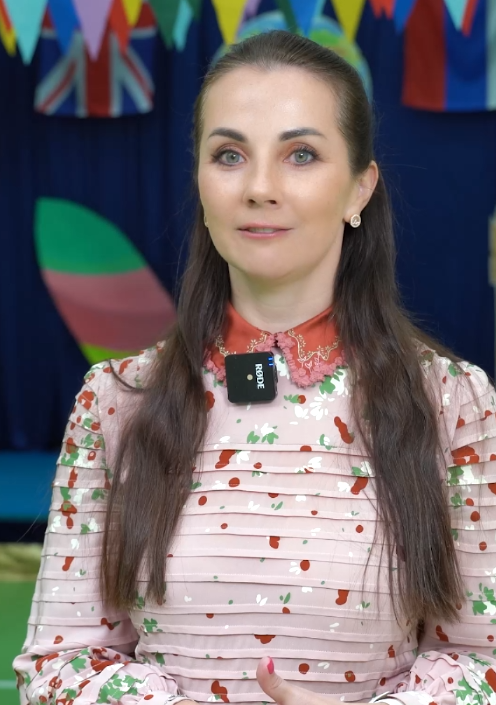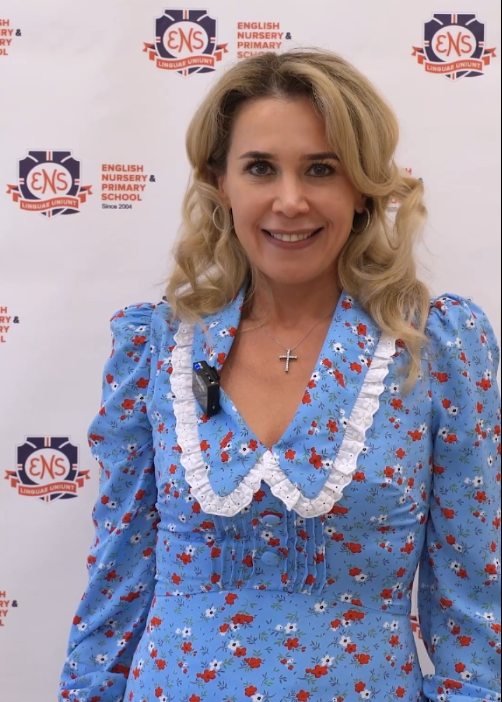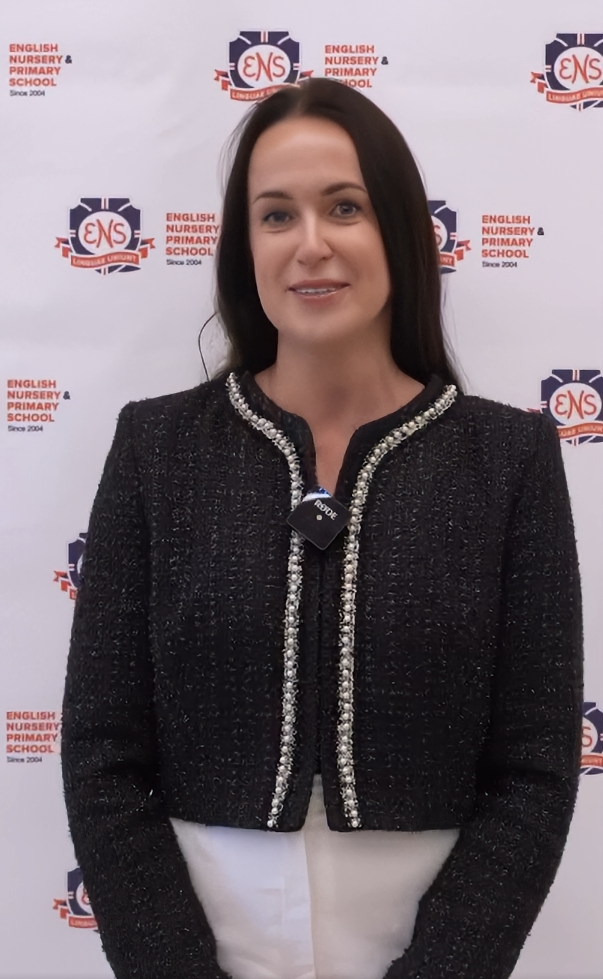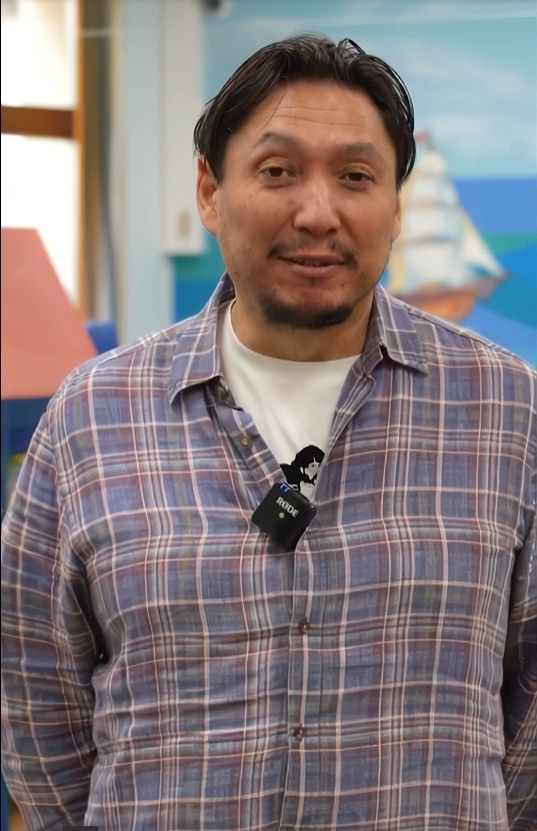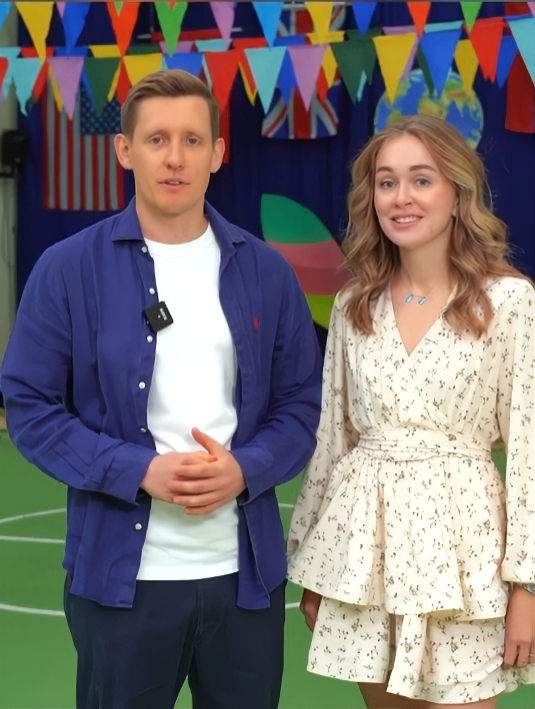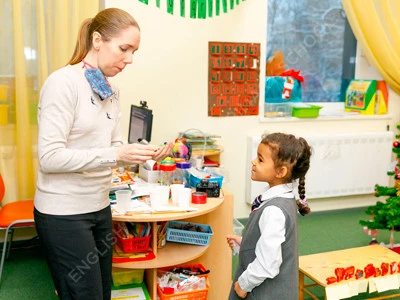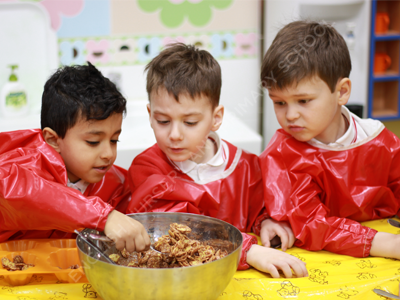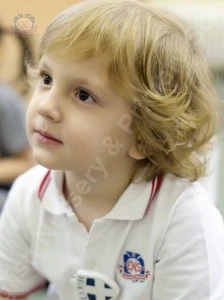A great advantage for our students in the choice of a further educational institution is that they learn English by receiving a full British education (programme EYFS and British National Curriculum: Key Stages 1,2,3) and in parallel master the native language by using it in the process of studying other subjects.
English Nursery and Primary School - preschools and primary schools, where education and development of the child are based on a bilingual (two language) program.
Modern civilised society expects a successful person to be fluent in English, the language of international communication. This gives them ample opportunities for education, self-education, and free communication with colleagues around the world in any field: science, business, creativity, etc. Learning a foreign language is easier at an early age, especially if it becomes an instrument of learning and knowledge for the child, not only a natural means of communication.
ENS offers its students such an opportunity by hiring native English speakers – professional teachers with University degrees and relevant experience in working with children. English-speaking teachers and their assistants provide children with "immersion" in the English language and cultural environment.
Our Advantages
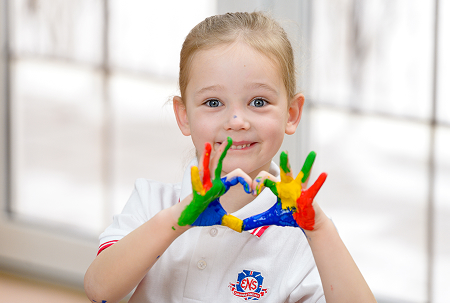
20 years of experience
5 campuses in Moscow and Moscow Region

Educated teachers from the English-speaking countries
With experience teaching in pressschool and schools
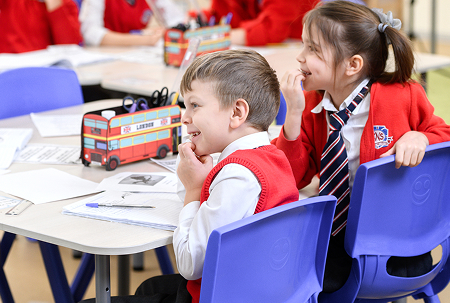
Fluent English
Bilingualism from early childhool
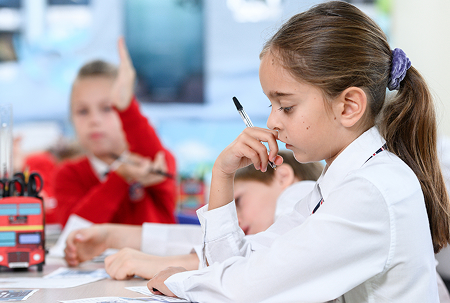
Comprehensive development
Music, sports, art
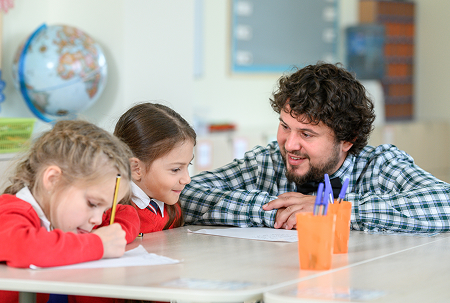
Psyhological services
We support the children's mental health and development
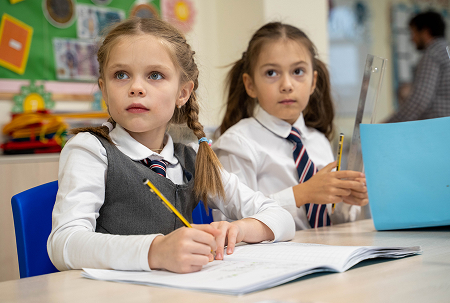
Speech therapy service
Our specialists are always there to support children's linguistic development
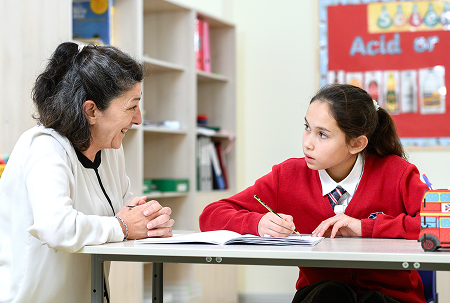
ENS Kitchen
The menu at ENS is prepared by a full team of nutritionists and chefs
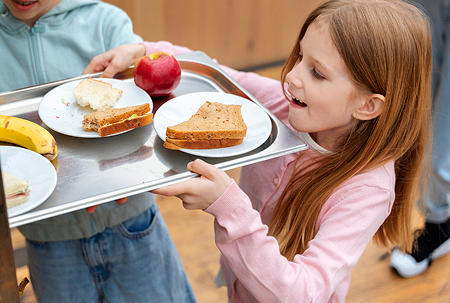
School uniform
Our students wear a stylish and functional school uniform
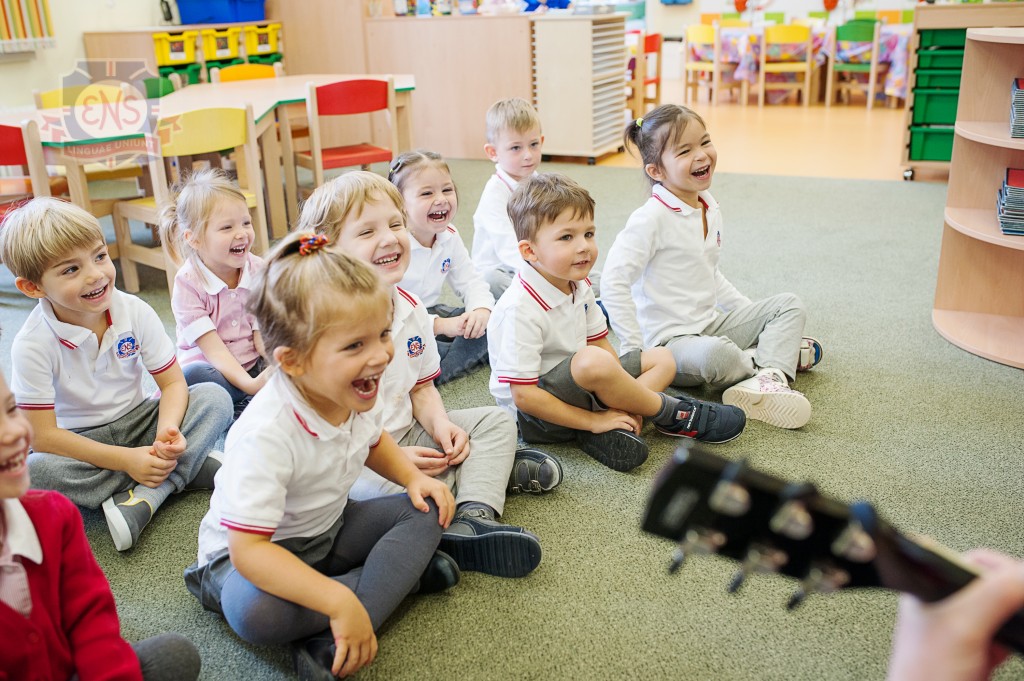
Bilingual development. The immersion method.
ENS creates all the conditions young children need to become bilingual, so that by the age of five they will be able to speak and think with equal fluency in both their native language and English. The only possible way to become bilingual is to be "immersed" in the language environment in very early childhood – birth to age five. The main factor creating this environment is that ENS employs professional and experienced teachers who are native English speakers. 3-4 teachers work with a group of 25 children.
The "immersion method" is the way children learn their native language: no teachers, vocab cramming, tests, marks, or school hours – just active play and interaction with adults. When we were little, nobody taught us irregular preterites (come/came, go/went). We learnt whole sentences as though they were single words: "Mummycameback!" Linguists call this effect "imprinting" of the language. Children learn and reproduce the language by listening and speaking.
Surrounded constantly by the sounds of the language, children gradually build up their linguistic repertory: every day of communication enriches them with new words, constructions, and meanings.
After their first four or five years, children have made a gigantic leap in their linguistic development. The first five years of life are the time when a child is most sensitive to the phonetic and grammatical structures of languages. In parallel with their native language, the child can also absorb one or more other languages in the same way. After the age of five, the innate linguistic genius of early childhood gradually fades. The absorption of two languages at once happens especially effectively if the child hears each specific language from a specific speaker, so that they do not merge into a single stream of communication.
Your child will speak to you in their native language at home, while at ENS they will speak English to native speaker teachers and ultimately to their peers. At ENS primary school, children have a great opportunity to consolidate their bilingual skills and learn spoken and written English and Russian simultaneously, pursuing two educational programmes (the British and the Russian).
Note that bilingualism itself is a proven developmental factor and exercises the child's memory, attention, quickwittedness, reaction time, and logic, helping them learn to understand and compare linguistic phenomena and mathematical concepts. The sooner children begin to learn the new language, the better – richer, more correct, and more fluent – their English is likely to be. You can give your child a solid foundation for mastering the language in future by starting at the age of three.
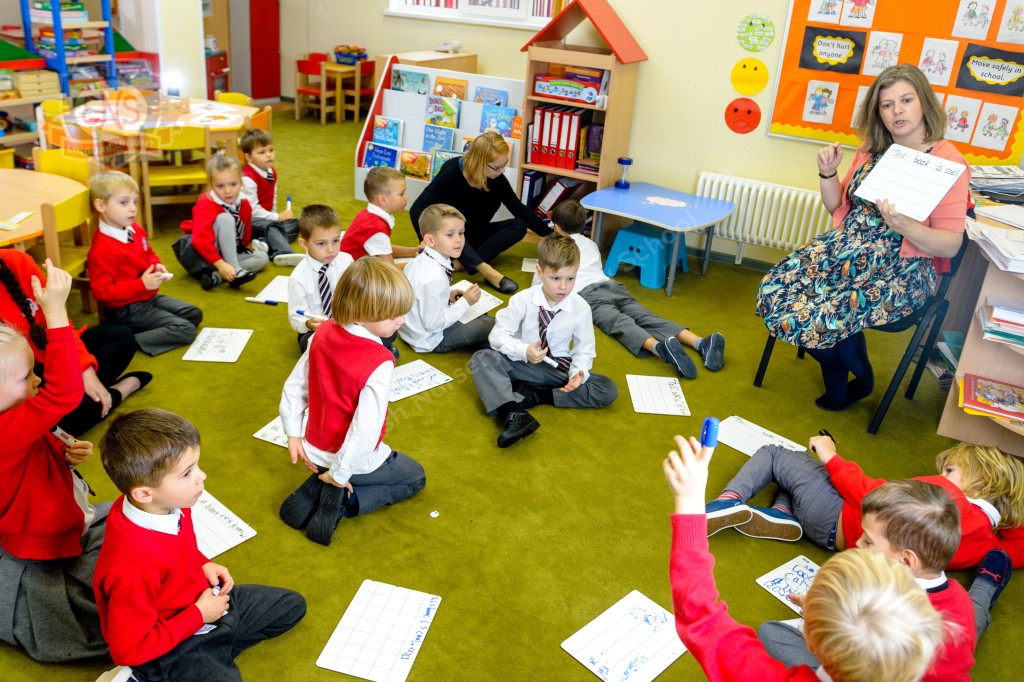
English language program
The goal of ENS is not just to give children excellent English. It is much wider. We work to provide children with the conditions for comprehensive development – mental, creative, social and physical – in an English-speaking environment, based on the official British educational programme. This programme is used in all international British kindergartens and schools.
For preschoolers it is the first stage: the Early Years Foundation Stage of the British National Curriculum, announced by the United Kingdom in 2002. For primary school students it is the British National Primary Curriculum. Within the British programme, English is a subject of study and also the language of instruction.
ENS's English kindergarten doesn't just give children native-like English: it also provides all-round preparation for their ongoing education, including the basis of the "three Rs" – reading, writing, and arithmetic. In English primary school, in addition to the basic subjects mentioned above, children study geography, science, history, technology, and computer science, as well as arts and creative subjects: music, design, and fine art. Children's healthy physical development is ensured by energetic outdoor games, Wushu classes, children's yoga and swimming.
The strength of the English language programme is that it pays considerable attention to all aspects of personality development: intellectual, creative, social, emotional and physical. The priority in the British programme is a holistic approach to raising children, emphasising harmonious relationships with people and the world as a whole (personal, social and emotional well-being), independence, self-esteem and self-confidence. For the British creators of the programme, a successful and integrated personality is expressed primarily in the ability to build relationships and help others, to enjoy the pleasures of mutual communication, to understand their own and other people's behaviour, to conduct a dialogue, to collaborate and to work together.
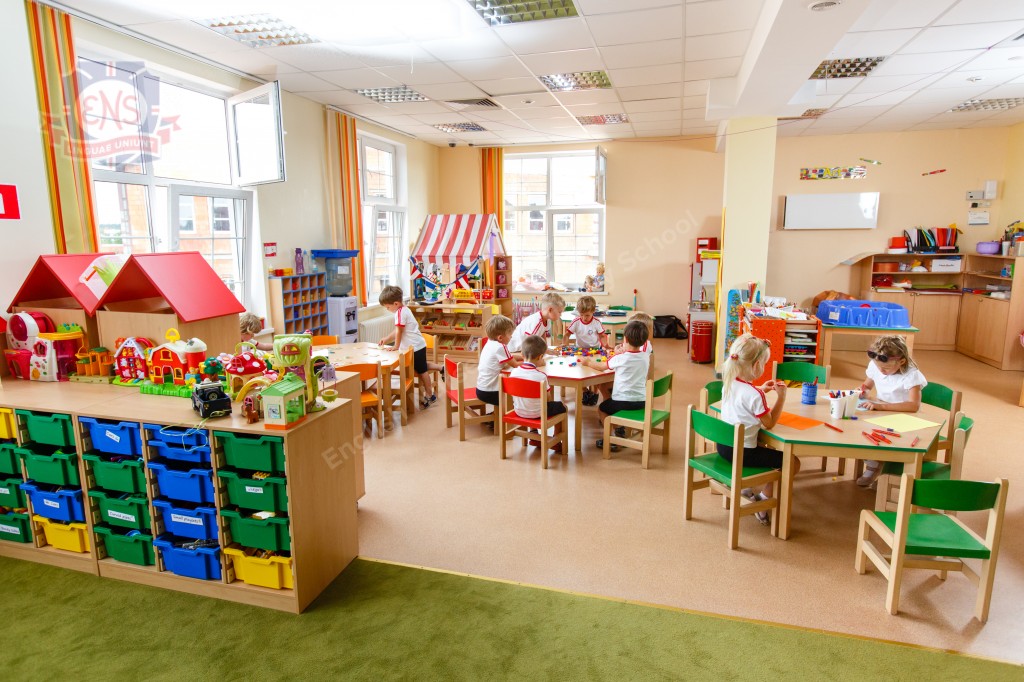
Comfort and safety when playing and learning
The educational and play environment at English Nursery and Primary School is comfortable and safe. Our British nurseries and schools offer big, bright spaces; a carefully planned, well-equipped and well-zoned learning and playing environment; safe European furniture; British educational toys; well-stocked libraries with textbooks, children's books, and audio and video materials from Great Britain; sports halls; spaces for choreography and stage art; special rooms for chess, yoga, martial arts, etc.; separate areas for walking in the fresh air.
All ENS nurseries and schools have a video surveillance system with 24-hour recording. Parents can watch their children on the monitor screen. ENS nurseries and schools are located in ecologically safe areas of Moscow.
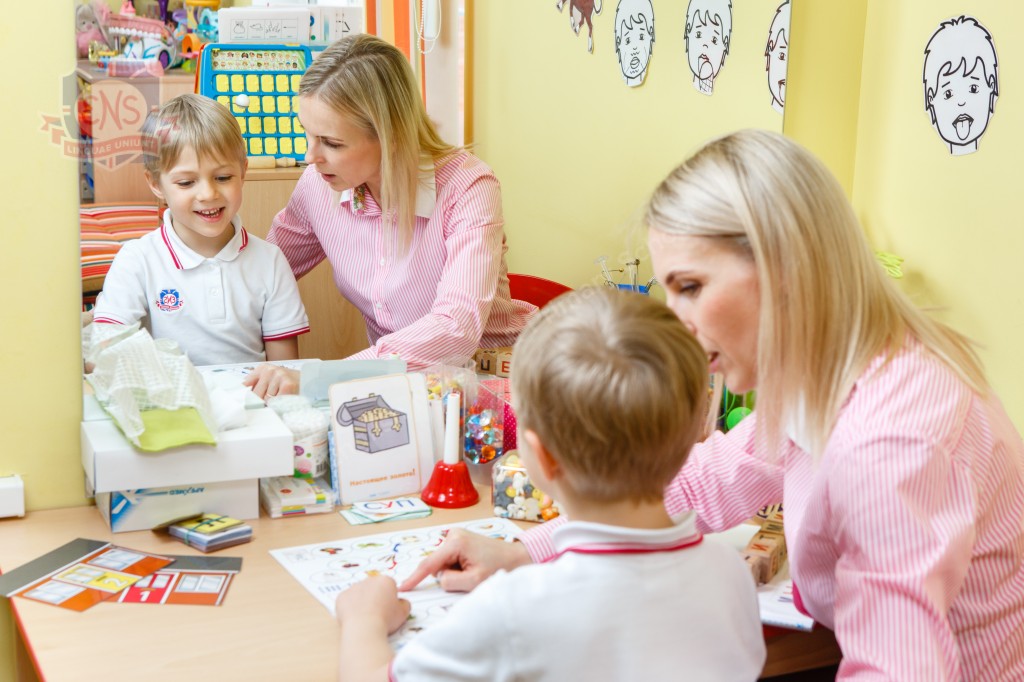
The Bilingualism Specialists: Psychologist and Speech Therapist
All ENS branches have speech therapists and psychologists always ready to assist parents and children: these are "instructors in linguistic immersion", unique specialists in the field of children's bilingual development.
Each child's "immersion" in a new linguistic and communicative space is always personal and unique, with its own risks and particular characteristics, so it requires the continuous involvement of experts who can provide qualified monitoring and support. This is our "know-how".
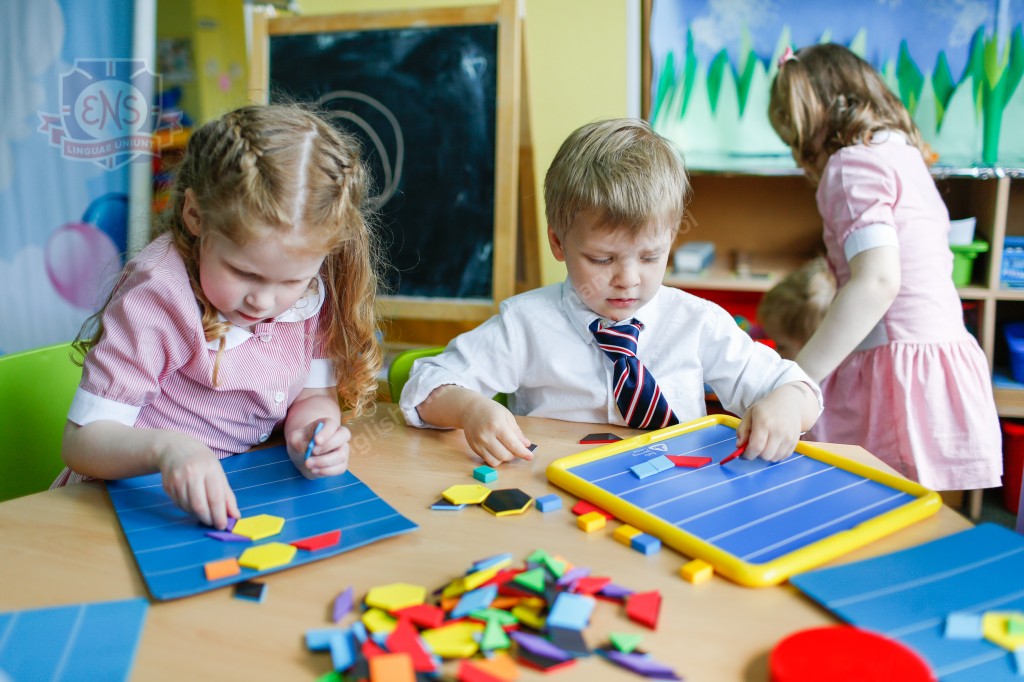
Preparation for nursery and school; additional classes
ENS's Baby Club for the very smallest children (age 1.5 to 2.5) is now in its third year at all branches, helping future pupils better adapt to the language and to the English nursery setting so they can make a success of starting to visit it.
Like the nurseries, Baby Club is a "linguistic immersion environment": the difference is that it is only for an hour and a half, twice a week. At the Baby Club, your little ones will communicate with an English-speaking teacher and teaching assistant and with parents and peers, while playing various educational games together.
Children can adapt quickly to the Baby Club setting thanks to the warm and friendly atmosphere, the presence of their mum or a close relative, the small number of children in a group, and also the coordinated work of an experienced teacher and teaching assistant who skilfully organise the children and hold their attention all through the session. Our teachers are real aces at that!
ENS offers a very wide range of additional lessons and activities, including: chess, gymnastics, wushu, football, swimming, yoga, stage art, choreography, piano, singing, fine art, computing, French, etc. The list can be added to, if children or parents want.
Children aged 5-7 (the older kindergarten group and the Year 1 class) have the option of lessons preparing them to attend a Russian school. These lessons are particularly important for children who will attend ENS primary school, where teaching follows the British and Russian curricula in parallel.
We, the staff and teachers at English Nursery and Primary School, value each child's individuality and take pride in the fact that our flexible approach lets children discover their potential to the full.

Extracurricular activities
ENS offers a variety of extracurricular activities at each campus. We offer both individual and group classes.





